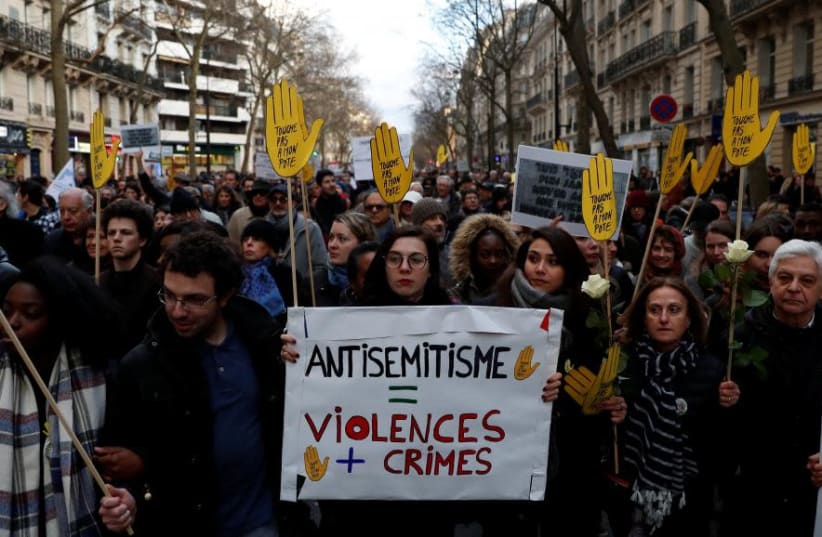A French medical student said she faced intense antisemitic bullying
Rose described a class Facebook page in which students listed and ranked Jewish classmates according to their level of affiliation as part of a string of jokes online and on campus featuring antisemi
